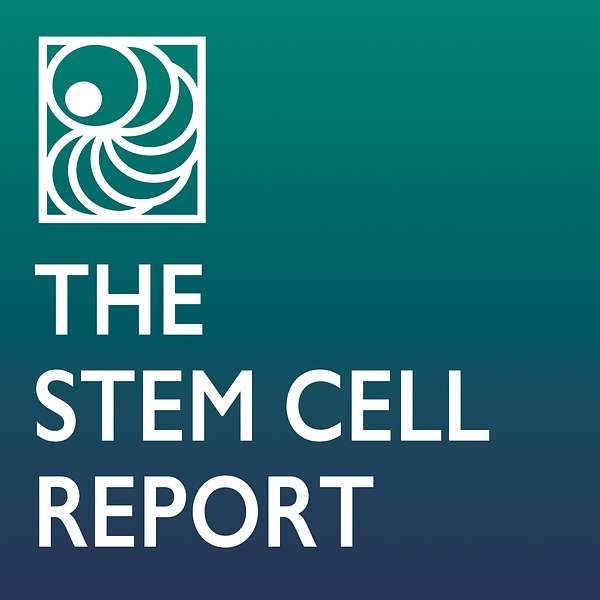
The Stem Cell Report with Janet Rossant
Stem cell science has catapulted to the forefront of biomedical research over the last decade, bringing with it the potential to transform human health and the treatment of devastating diseases and disorders. Janet Rossant, an internationally recognized stem cell pioneer and the dynamic editor-in-chief of Stem Cell Reports, explores basic discoveries in stem cell research and its application. Dr. Rossant goes “beyond the paper,” bringing authors together to draw new insights and explore the questions and creativity that drive new breakthroughs. Stem Cell Reports, published by the International Society for Stem Cell Research (ISSCR), is an open-access, peer reviewed journal that supports the field of stem cell research and regenerative medicine.
Episodes
Tuning the X

Building a Better Barrier: Modeling the Human Gut Epithelium

Crossing the Border: Modeling the Blood Brain Barrier

Movin’ On Out: Mobilizing HSCs From The Bone Marrow

Cancer Neuroscience, Tumor Organoids, and Understanding the Role of the Nervous System in Human Glioblastoma

Stem Cells in Space: Muscle Regeneration in Microgravity

Parkinson's Disease, Cell Therapy, and Exercise

Leaving an Imprint: The Function, Impact, and Detection of Epigenetic Marks

Don’t Dull the SPARCL: The Lung Microvasculature and its Role in Development

A Look Into the Future of Stem Cell Reports: A Conversation with Janet Rossant

SeqVerify: A New Easily Accessible Tool for Comprehensive Cell Line Quality Assessment

Guidelines for Managing and Using the Digital Phenotypes of Pluripotent Stem Cell Lines

PSC Developmental Bias: The Mechanism and the Variation in Human Neural Development

Aging, Stem Cells, and Biological Clocks

Evaluating the Expanding Models of Brain Disease

Going Out on a LIM: Rethinking the Role of LMX1A in Patterning Dopaminergic Neurons

No Oligo Monopoly: Oligodendrocyte Precursor Cells in the Developing Cortex

Enhancing Connections: Rebuilding Neural Circuits in Spinal Cord Injury

Climbing the Scientific Mountain of Retinal Regeneration

Human Fetal Tissue: A Legacy of Biomedical Research Contributions

The Selling of Stem Cells

Setting the Standards for Human Stem Cell Research

Organoids: Multi-Dimensional Standards for Three Dimensional Models

Brushing Up on Tooth Biology: New Tools for Understanding Tooth Development

The Satellite View: Muscle Stem Cells and Muscle Disease
